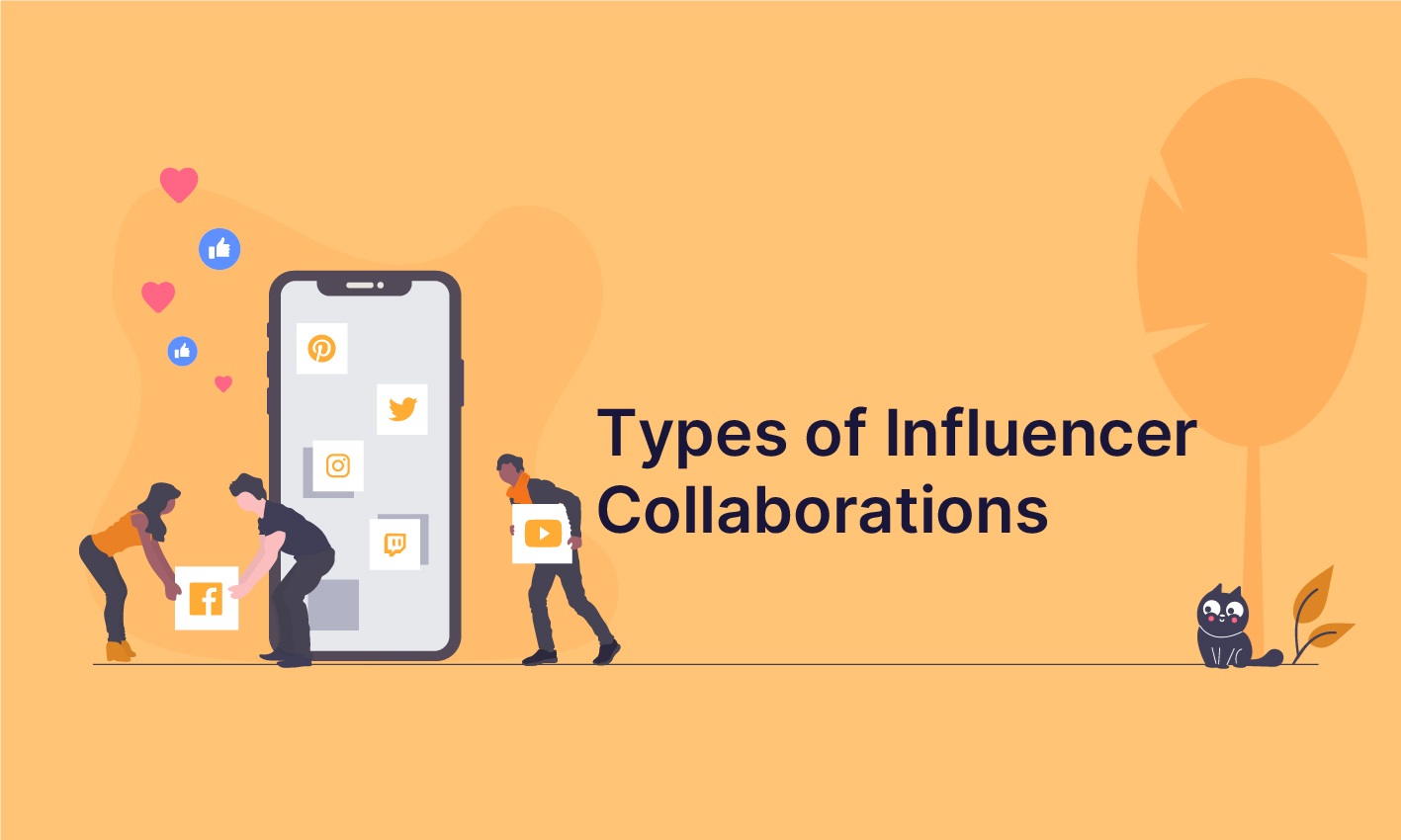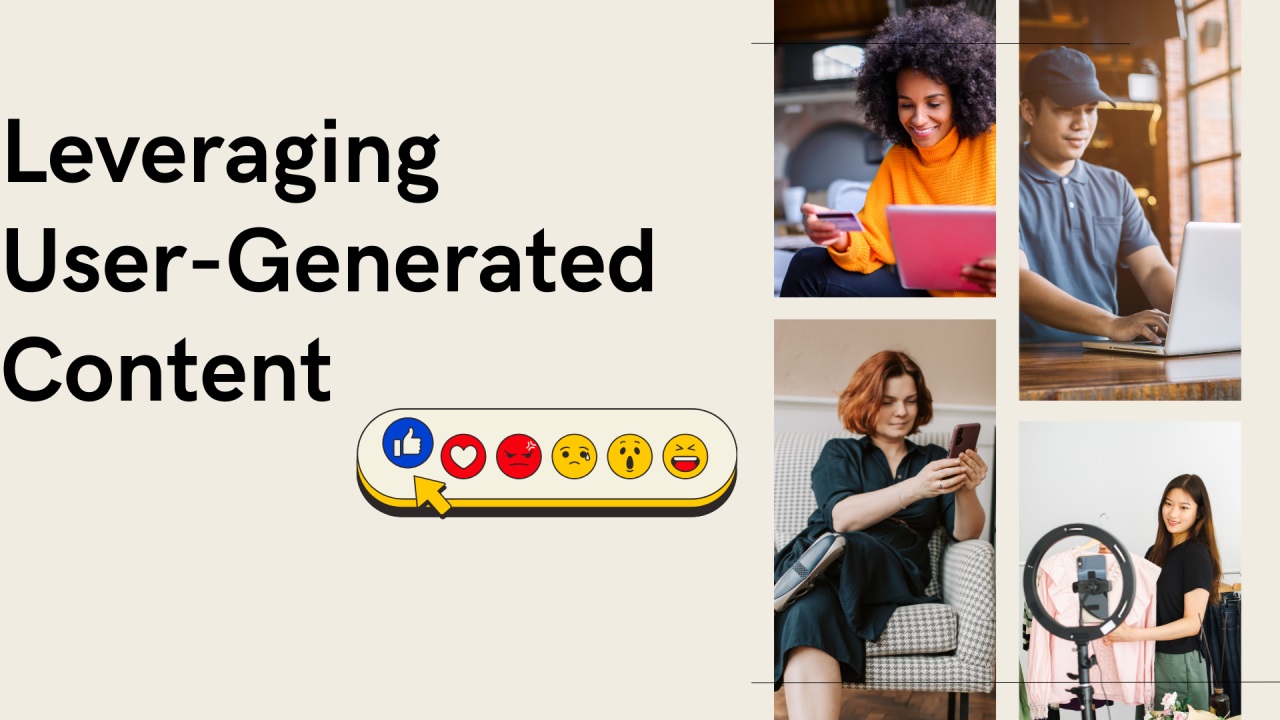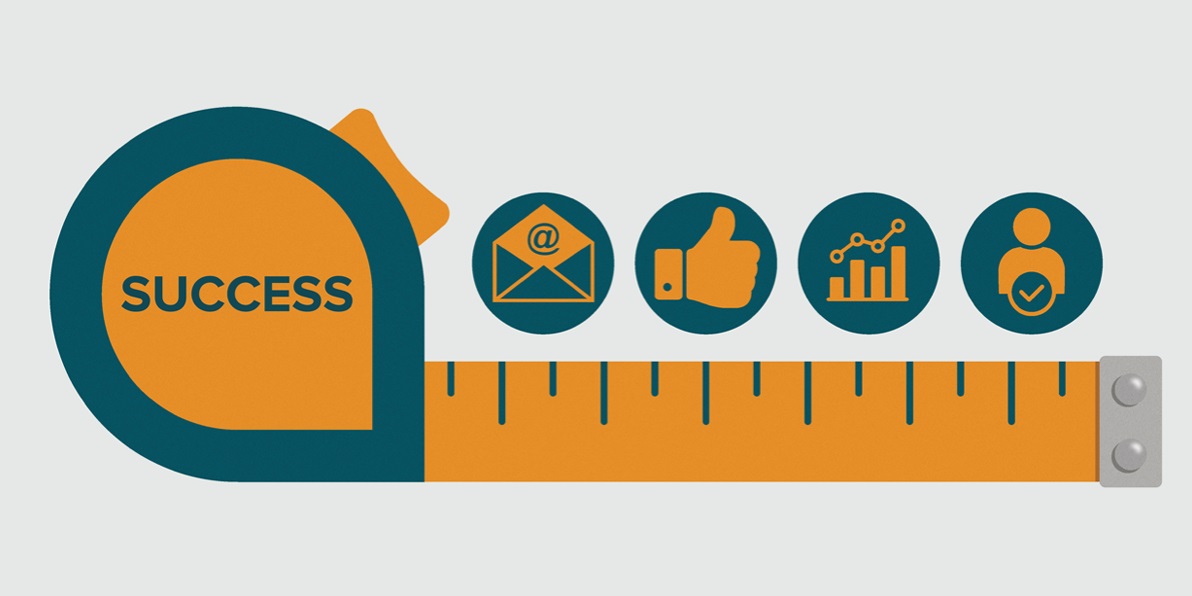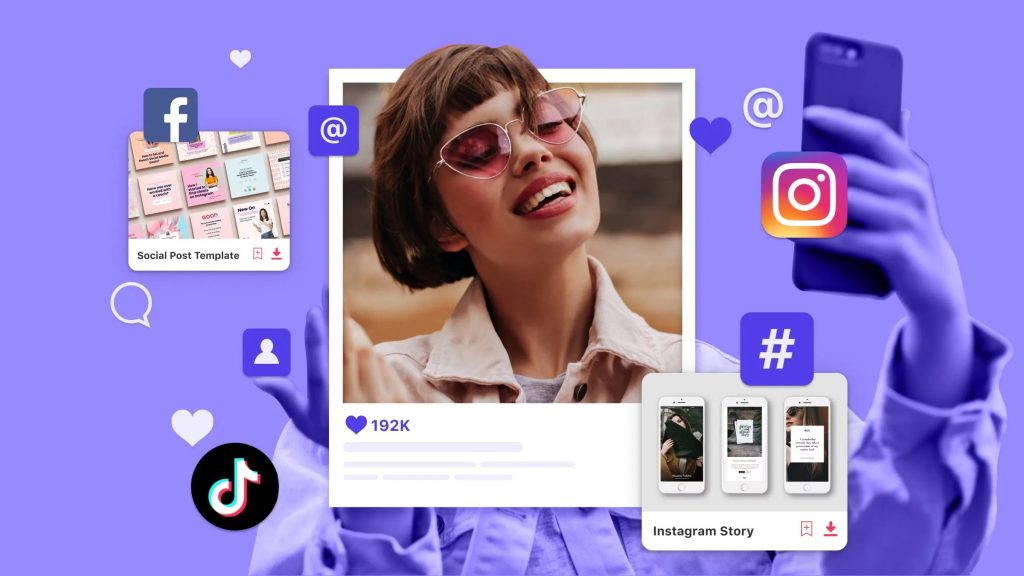In today’s competitive digital landscape, creators are always looking for new ways to engage their audience and increase their revenue streams. One of the most effective strategies to achieve this is through influencer marketing, specifically tailored to promote creator merch. By leveraging the reach and credibility of influencers, creators can introduce their merchandise to a larger, more engaged audience. Let’s explore how influencer marketing works for creator merch and how it can significantly boost your brand’s success.
Why Influencer Marketing?
Influencer marketing has become a powerhouse in the digital marketing world because it builds trust, increases brand awareness, and reaches niche markets. When influencers with an established audience endorse products, it feels more genuine and relatable compared to traditional advertising. Their audience sees them as trendsetters and are more likely to follow their recommendations. For creators, this means collaborating with influencers can be a key driver in generating sales and increasing the visibility of their merch.
Choosing the Right Influencers
Not all influencers are created equal when it comes to marketing your creator merch. The key is to find influencers who align with your brand values and whose audience matches your target market. Start by asking:
- Does this influencer have an engaged audience that resonates with my brand?
- Are their values, style, and content aligned with the type of merch I am selling?
- Do they have a history of successfully promoting similar products?
It’s essential to research influencers thoroughly, checking their engagement rates, past campaigns, and follower demographics. Micro-influencers (10k–100k followers) often have higher engagement rates than bigger names, which can result in more conversions for your merch.
Types of Influencer Collaborations
There are several ways to collaborate with influencers when promoting creator merch. Here are a few approaches:
- Sponsored Posts: Pay influencers to create content featuring your merch. This can be an Instagram post, YouTube video, or TikTok where they showcase your products, styling them in creative ways to highlight the best features.
- Giveaways: Run giveaways where influencers encourage their followers to engage with your brand by participating in a contest, with the merch as the prize. This boosts visibility and follower engagement.
- Affiliate Programs: Offer influencers a commission on each sale made through their unique affiliate link. This creates a win-win situation where the influencer is motivated to promote your merch regularly in exchange for profits.
- Collaborative Merch: Co-create limited-edition merchandise with the influencer, merging their personal brand with yours. Fans of the influencer are more likely to purchase because of the exclusivity and the involvement of someone they admire.

Leveraging User-Generated Content (UGC)
Another advantage of influencer marketing is its potential to generate high-quality user-generated content. Influencers often create engaging and visually appealing content when promoting products, which you can repurpose for your own social media platforms, website, or marketing campaigns. UGC not only enriches your content library but also acts as social proof, showing new customers that real people love and use your merch.

Building a Long-Term Relationship
Influencer marketing works best when creators establish long-term relationships with influencers. Rather than a one-off post, collaborating regularly with an influencer builds a consistent message around your brand. Audiences see the repeated endorsement, which can further increase trust and loyalty.
Offering influencers early access to new merch, sneak peeks, or exclusive collaborations can make them feel more connected to your brand, motivating them to continue promoting your products.
Measuring Success
To ensure your influencer marketing strategy is successful, it’s vital to track key performance indicators (KPIs) such as:
- Engagement: Monitor likes, comments, shares, and other interactions on influencer posts.
- Conversions: Use unique discount codes or affiliate links to track how many sales are directly generated by the influencer.
- Brand Awareness: Evaluate the growth of your social media followers, website traffic, or email sign-ups after a campaign.

These metrics help you assess the return on investment (ROI) for each influencer and refine your future strategies.
Conclusion
Influencer marketing is a powerful tool for creators looking to promote their merch. By partnering with the right influencers, running creative campaigns, and fostering long-term relationships, you can expand your reach and increase your merch sales. Remember to measure your results and optimize your strategy for future campaigns. Whether you’re launching a new product line or rebranding an existing one, influencer marketing can be the key to your merch success.
